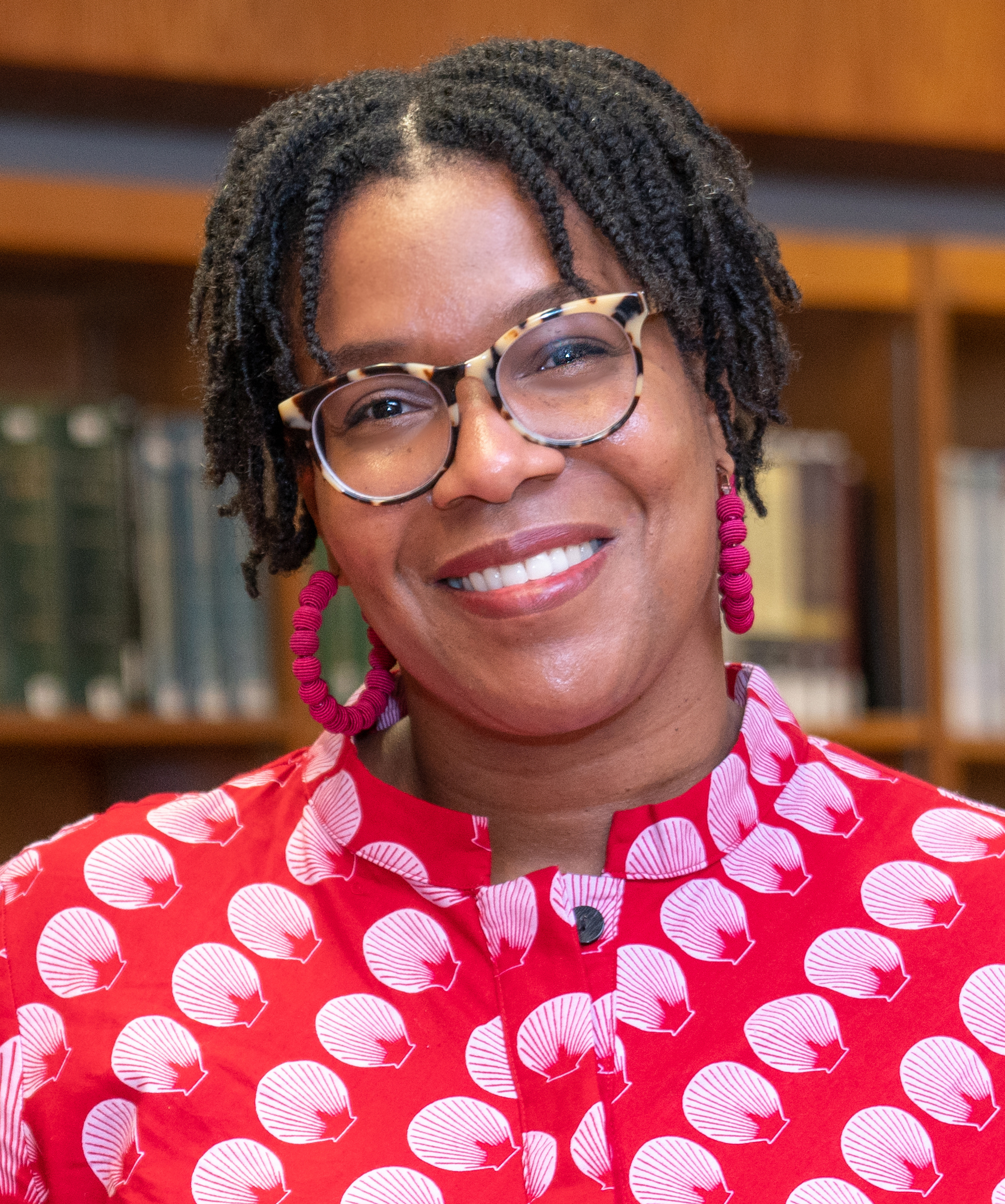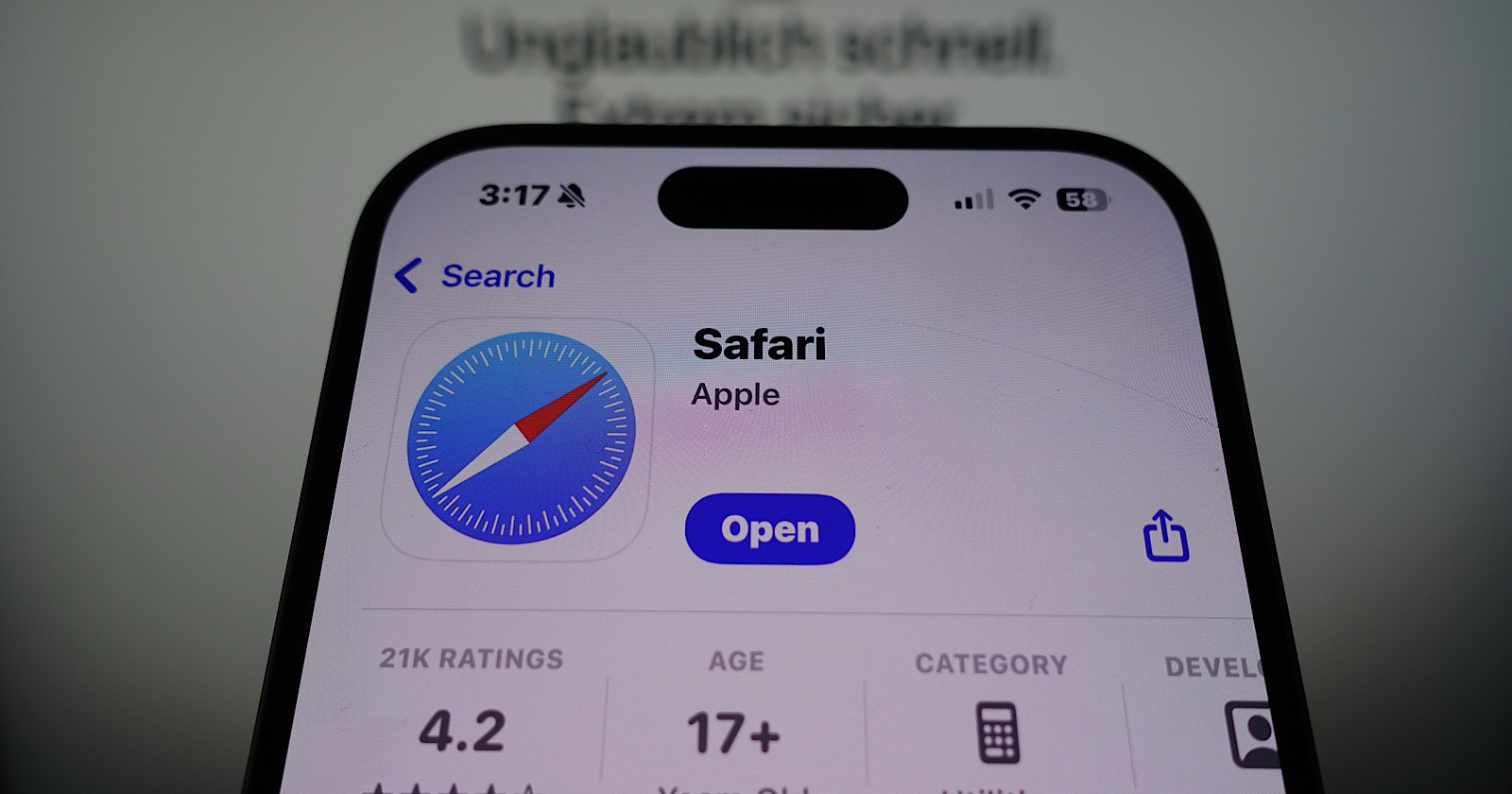A SOLDIER'S LIFE
Cummings, who grew up in a military family, honors the 6888th Central Postal Directory Battalion, a division of the WACs, the only Black unit that served overseas. Made up of women of color, with 855 members, its mission was organizing, sorting, and moving out mail to soldiers during World War II. In a segregated army, the members faced considerable challenges, just as Cummings did in her own military career. For college, she chose Appalachian State University, enrolling in its ROTC program to fulfill her dream of becoming a second lieutenant in the WACs upon graduating. One of only nine Black freshman women, she was the only Black woman in the school’s ROTC program. She encountered bigotry among students and faculty, and with anti-war sentiment widespread in the country incited by the Vietnam War, she confronted anti-militaristic attitudes as well. Graduating in 1978, her first overseas tour came in 1981, when she was posted to South Korea. Despite misogyny and racism in the Army, her career was successful—she was promoted to captain in 1982—but after she married the following year, she left the Army, moving to Virginia, where her husband had a teaching job at the Virginia Military Institute. She joined the Army Reserve, taught in an alternative school, and by 1987 had two children. Her husband’s death, however, upended her plan to remain a civilian; an Army career offered security, and she returned to active duty, rising in the ranks. Retirement, finally, in 2003, afforded her time to become a “citizen advocate” for the Six Triple Eight, devoting herself to publicizing their “patriotism, challenges, and perseverance.” Her efforts contributed to the making of a documentary about the battalion and, in 2022, the belated awarding of a Congressional Gold Medal.


Cummings, who grew up in a military family, honors the 6888th Central Postal Directory Battalion, a division of the WACs, the only Black unit that served overseas. Made up of women of color, with 855 members, its mission was organizing, sorting, and moving out mail to soldiers during World War II. In a segregated army, the members faced considerable challenges, just as Cummings did in her own military career. For college, she chose Appalachian State University, enrolling in its ROTC program to fulfill her dream of becoming a second lieutenant in the WACs upon graduating. One of only nine Black freshman women, she was the only Black woman in the school’s ROTC program. She encountered bigotry among students and faculty, and with anti-war sentiment widespread in the country incited by the Vietnam War, she confronted anti-militaristic attitudes as well. Graduating in 1978, her first overseas tour came in 1981, when she was posted to South Korea. Despite misogyny and racism in the Army, her career was successful—she was promoted to captain in 1982—but after she married the following year, she left the Army, moving to Virginia, where her husband had a teaching job at the Virginia Military Institute. She joined the Army Reserve, taught in an alternative school, and by 1987 had two children. Her husband’s death, however, upended her plan to remain a civilian; an Army career offered security, and she returned to active duty, rising in the ranks. Retirement, finally, in 2003, afforded her time to become a “citizen advocate” for the Six Triple Eight, devoting herself to publicizing their “patriotism, challenges, and perseverance.” Her efforts contributed to the making of a documentary about the battalion and, in 2022, the belated awarding of a Congressional Gold Medal.



















































![The 11 Best Landing Page Builder Software Tools [2025]](https://www.growthmarketingpro.com/wp-content/uploads/2024/04/best-landing-page-software-hero-image-1024x618.png?#)



































![What Is Generative Engine Optimization [Tips & Workflows To Do It]](https://moz.com/images/blog/banners/What-Is-Generative-Engine-Optimization-Tips-Workflows-To-Do-It-1.png?auto=compress,format&fit=crop&dm=1745607929&s=6f75f1f02c531af0f80acb12517c8bab#)


























![Social media image sizes for all networks [May 2025]](https://blog.hootsuite.com/wp-content/uploads/2023/01/Social-Media-Image-Sizes-2023.png)





















